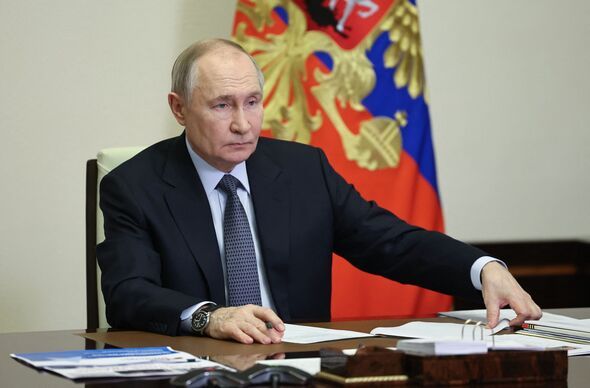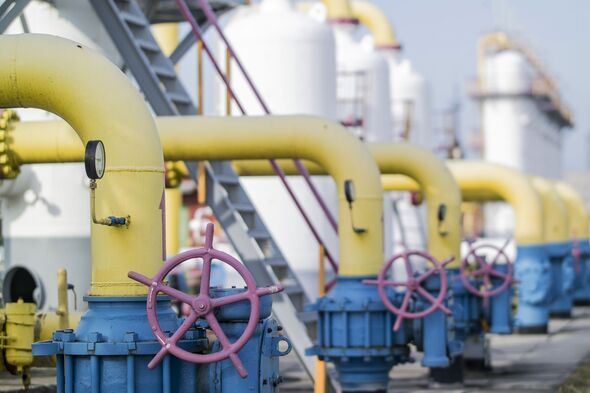

Russia's economy could face another hammer blow as the European Union looks to put a full embargo on some of its most important exports.
The EU is reportedly on importing Russian aluminium and liquefied natural gas (LNG), reports, citing people familiar with the matter.
They would mark the 16th package of sanctions used by the EU to restrict the Russian economy following the war on Ukraine nearly three years ago.
The new package is expected to include restrictions on dozens of vessels that make up Russia's shadow fleet - ships used to circumvent existing sanctions - and on exports on goods that could fuel Vladimir Putin's military.
for impact as the EU could cut off SWIFT - the messaging network through which international payments are initiated.

The EU's executive arm is set to deliver a more specific plan on how to restrict aluminium and LNG next month, according to the outlet's sources.
Bloomberg explained: "Exiting LNG could be done either as a sanction or as part of a road map that the bloc's executive arm is set to present next month."
Currently, it is still being discussed between member states who must decide whether to make the or not, which requires unanimous agreement from all of them.
Previous sanctions on Russian gas have already made the price of the vital resource shoot up, making the EU reluctant to cut it off completely.
Russian pipeline as multiple countries still rely on it, including Hungary and Slovakia which both use supplier Gazprom.
It would be easier to ban LNG because its biggest consumers, France, Spain, and Belgium, are expected to back the measure.
Leigh Hansson, sanctions partner at Reed Smith's Global Regulatory Enforcement group, said the sanctions would singificantly impact multiple important Russian industries, but also lead
He said: "Considering Europe's heavy reliance on LNG, such a ban could lead to increased energy prices.
"We would also expect that, if this legislation passes, there will likely be further sanctions by the EU on Russian LNG tankers or third-country tankers
"Given aluminum's critical role in industries like electric vehicle and aircraft manufacturing, we anticipate significant pushback from these sectors."